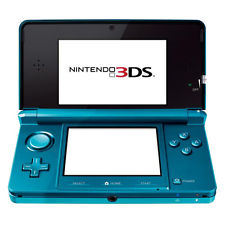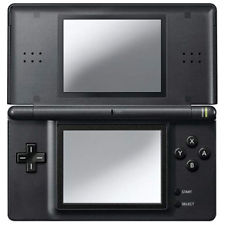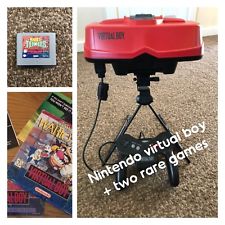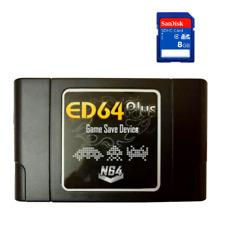|
September 21st, 2018, 21:40 Posted By: wraggster
The big Switch news of the week, beyond a doubt, is the announcement of the Fortnite bundle for the console - a link-up with arguably the planet's biggest game of the moment, which may be a bit underwhelming in its substance (okay, it's extremely underwhelming in its substance), but is a dramatic statement in its intent.
Nintendo putting a third-party game on the packaging for its consoles is a moderately rare occurrence, though this is far from the first time it has happened, as some have been quick to claim - just off the top of my head the Wii U launched with a ZombiU bundle and there was a Just Dance bundle for the Wii, among plenty of others. A bundle with a non-exclusive, cross-platform title, though? Now that's worth raising an eyebrow over. And the sheer cultural status of Fortnite right now means that for Nintendo to make an implicit claim that Switch is the place to come and play this game is the industry equivalent of fighting talk."A bundle with a non-exclusive, cross-platform title, though? Now that's worth raising an eyebrow over"
That's all the more important because Switch, for all its success, carries with it a certain weight of negative expectations. No matter how well a Nintendo console does, there's an anticipation - even from fans of the company and its products - that two things will go wrong at some point. The first party content machine will sputter and slow down (no sign of this yet on Switch, but the difficulty of maintaining output at the breakneck pace required to support a console on first-party software alone is unquestionably high), and the third-party support won't materialise. So when the first problem materialises, the base of third-party games won't be there to give the system a soft landing.
By emphasising the place of Fortnite in the console's line-up at this point - not just a third-party game, but a third-party cross-platform title for which Nintendo is happy to promote Switch as "the best place to play" - the company is suggesting that the second problem, at least, might not be an issue this time around.
Less notable in the news, but arguably even more interesting, is another prong of how Nintendo is approaching this problem of third-party support. An experiment which began in Japan earlier this year is set to continue, namely the use of cloud streaming to deliver third-party games to Switch that are too "heavy" for the console to run natively.
Phantasy Star Online 2 got this treatment back in April, though it was a bit of a weird one - a six year-old game that ought to have been perfectly comfortable running natively on Switch, with the cloud version largely serving to offer up a graphics and performance downgrade. Much more notable, and seemingly more successful, was the launch of Resident Evil 7 on Switch using cloud streaming in May. Now the experiment moves into the next stage; Ubisoft's Assassin's Creed Odyssey will launch day-and-date on Switch with other platforms on October 5th, with the Switch version being a cloud service for which users can buy a daily or "lifetime" (defined in this sense as two years - yeah, cloud streaming is going to absolutely suck for anyone who actually likes having a collection of games) subscription.
These experiments are quite different from the Fortnite bundle in most regards, of course, but they are a different approach to solving the same problem. Nintendo needs to convince the world - both publishers and consumers alike - that Switch is a valid and important platform for third-party games. One way to do that is with high-profile promotions of successful third-party launches on the platform. Another is with roundabout technical solutions that actually get major cross-platform third-party titles up and running on the relatively lightweight Switch hardware. "Nintendo needs to convince the world - both publishers and consumers alike - that Switch is a valid and important platform for third-party games"
For all the misgivings that may exist about cloud streaming as the inevitable future of gaming as a whole, as a solution to this specific problem - the question of how to put a game built for PS4 onto a significantly lower-spec system without compromising the experience too badly - it makes perfect sense. If there's a market for this and the business model can be made to make sense (thus far it seems to make some sense for publishers but is pretty rubbish for consumers, so some tweaking is likely required), then it could be a pretty good answer to some of the questions over the position of Switch in the market overall.
Thus far, these cloud streaming experiments are being confined to Japan. There are a few reasons for that, with the internet infrastructure undoubtedly being a pretty major one. Japan's infrastructure is far from perfect; providers here, like in many other countries, were caught wrong-footed when after years of making pie in the sky promises about broadband speeds, services like Netflix came along and people actually started wanting to use that much bandwidth all at once. In densely populated areas in particular, network speeds can be pretty miserable in the evenings and at weekends.
https://www.gamesindustry.biz/articl...witch-in-japan
For more information and downloads, click here!
 There are 0 comments - Join In and Discuss Here There are 0 comments - Join In and Discuss Here
|
|
 NES
NES










